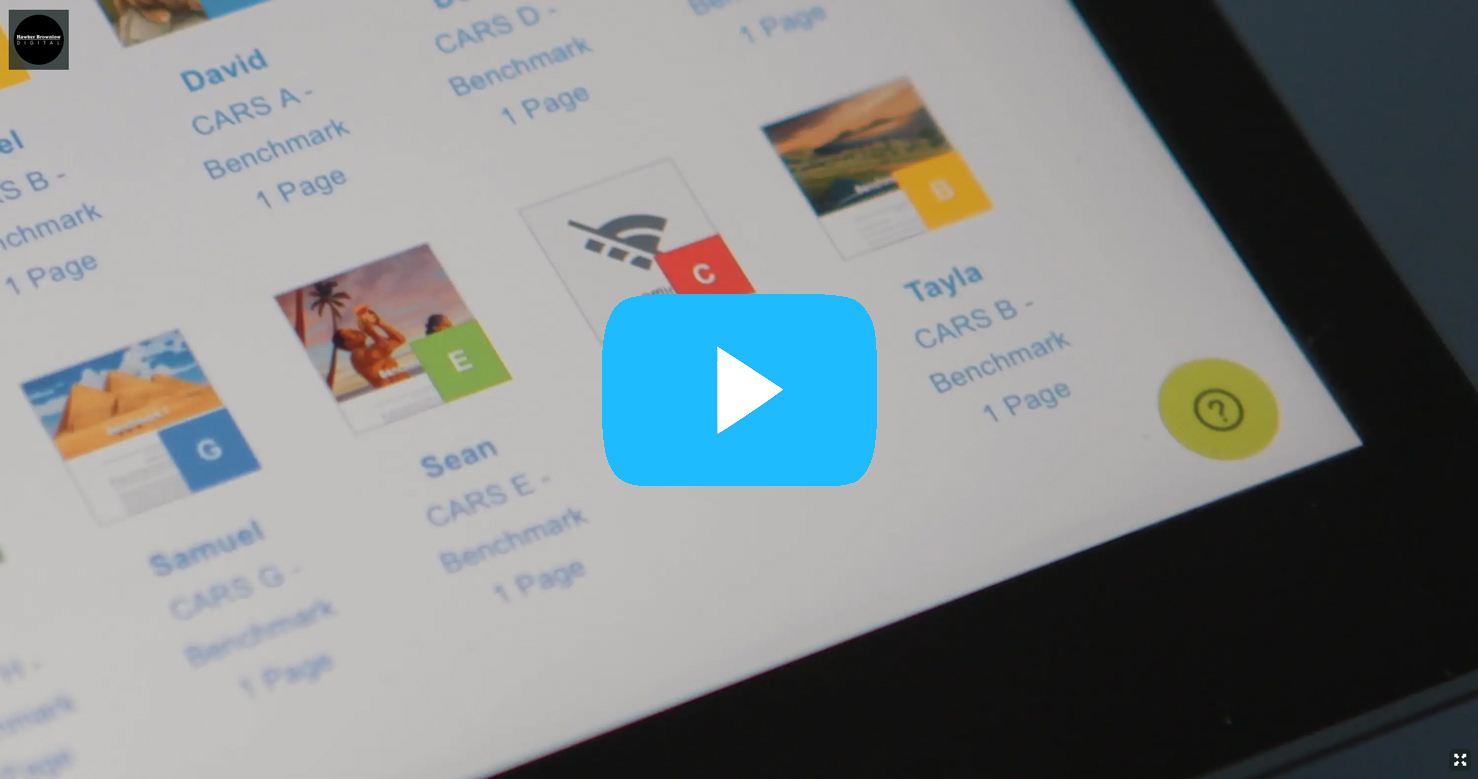Concentration is the ability to direct our attention and focus to a specific task or stimulus while ignoring distractions. It involves the allocation of mental resources to a particular objective, allowing for sustained attention and immersion in the task at hand. As such, it’s a vital ability for people undertaking any kind of serious work – and students and teachers alike!
There can be various reasons why people find it hard to focus or maintain concentration:
External Distractions: Environmental factors such as noise, visual stimuli or interruptions can disrupt concentration and divert attention away from the task at hand.
Internal Distractions: Internal distractions include wandering thoughts, daydreaming or intrusive worries that occupy the mind and make it difficult to stay focused.
Lack of Interest: When a task is perceived as uninteresting or lacks personal relevance, it can be challenging to sustain attention and concentration.
Fatigue and Lack of Energy: Physical fatigue, sleep deprivation or mental exhaustion can impair concentration and make it harder to stay focused.
Here are some strategies to improve concentration for school and reading comprehension:
Minimise Distractions: Create a quiet and organised study environment free from distractions such as noise, clutter or persistent electronic devices. Turn off notifications on your phone or use apps that block distracting websites during study sessions.
Break Tasks into Smaller, Manageable Units: Divide your work into smaller, achievable tasks. This helps prevent feelings of being overwhelmed and allows you to focus on one task at a time, increasing concentration and productivity.
Use Time Management Techniques: Employ techniques like the Pomodoro Technique, which involves working for a focused period (e.g., 25 minutes) and taking short breaks in between. This approach helps maintain concentration by providing structured work intervals and rest periods.
Practise Mindfulness: Cultivate mindfulness skills through techniques like meditation or deep breathing exercises. Mindfulness enhances your ability to stay present and refocus your attention when it wanders.
Develop a Study Routine: Establish a consistent study routine that aligns with your natural energy levels and concentration patterns. Having a predictable schedule helps condition your mind to focus during designated study times.
Engage in Regular Physical Exercise: Physical exercise has been shown to improve cognitive function and concentration. Incorporate regular physical activity into your routine to enhance focus and mental clarity.
Take Breaks: Allow yourself regular breaks during study or reading sessions. Short breaks can help prevent mental fatigue, recharge your brain and maintain sustained attention.
Enhance Your Environment: Create a study space with good lighting, comfortable seating, and proper ventilation. Consider using background music or ambient noise (e.g., white noise) if it helps you concentrate, as this can block out distracting sounds.
Use Active Reading Strategies: When reading, actively engage with the material by taking notes, summarising key points, or asking questions. This active approach enhances comprehension and helps maintain focus.
Take Care of Your Well-being: Prioritise adequate sleep, maintain a balanced diet and manage stress levels. Physical and mental well-being play a significant role in concentration and cognitive function.
Remember that improving concentration is a skill that takes practice and effort. By implementing these strategies consistently and creating conducive study habits, you can enhance your concentration abilities and improve school performance and reading comprehension.
CARS & STARS Online is a digital reading program designed to turn every student into a proficient and capable reader, with advanced levels of reading comprehension.
The core reading strategies that underpin the entirety of the CARS & STARS Online digital reading comprehension program form an underlying instructional framework that recurs throughout every level and provides consistency of understanding and instruction for students and teachers alike.
The twelve reading strategies progress from simpler, lower-order thinking skills such as Finding the Main Idea and Recalling Facts and Details to more complex, higher-order concepts such as Identifying Author’s Purpose and Summarising. Initial questions determine students’ mastery of the text at a literal level, while later questions build on this understanding to get to the heart of their conceptual understanding. In this way, in every reading passage across every reading level, students are being asked to perform the same essential tasks – with their difficulty and complexity increasing as the student progresses through the reading levels.
These research-proven strategies, taken together, offer a complete recipe for increased student awareness of textual features and concepts, and provide a direct and understandable pathway to improving reading comprehension for every student.
If you are interested in learning more about the CARS & STARS Online subscriptions and how they can help children to achieve better results, then sign up for a free trial to be an integral part of your child’s reading success.































